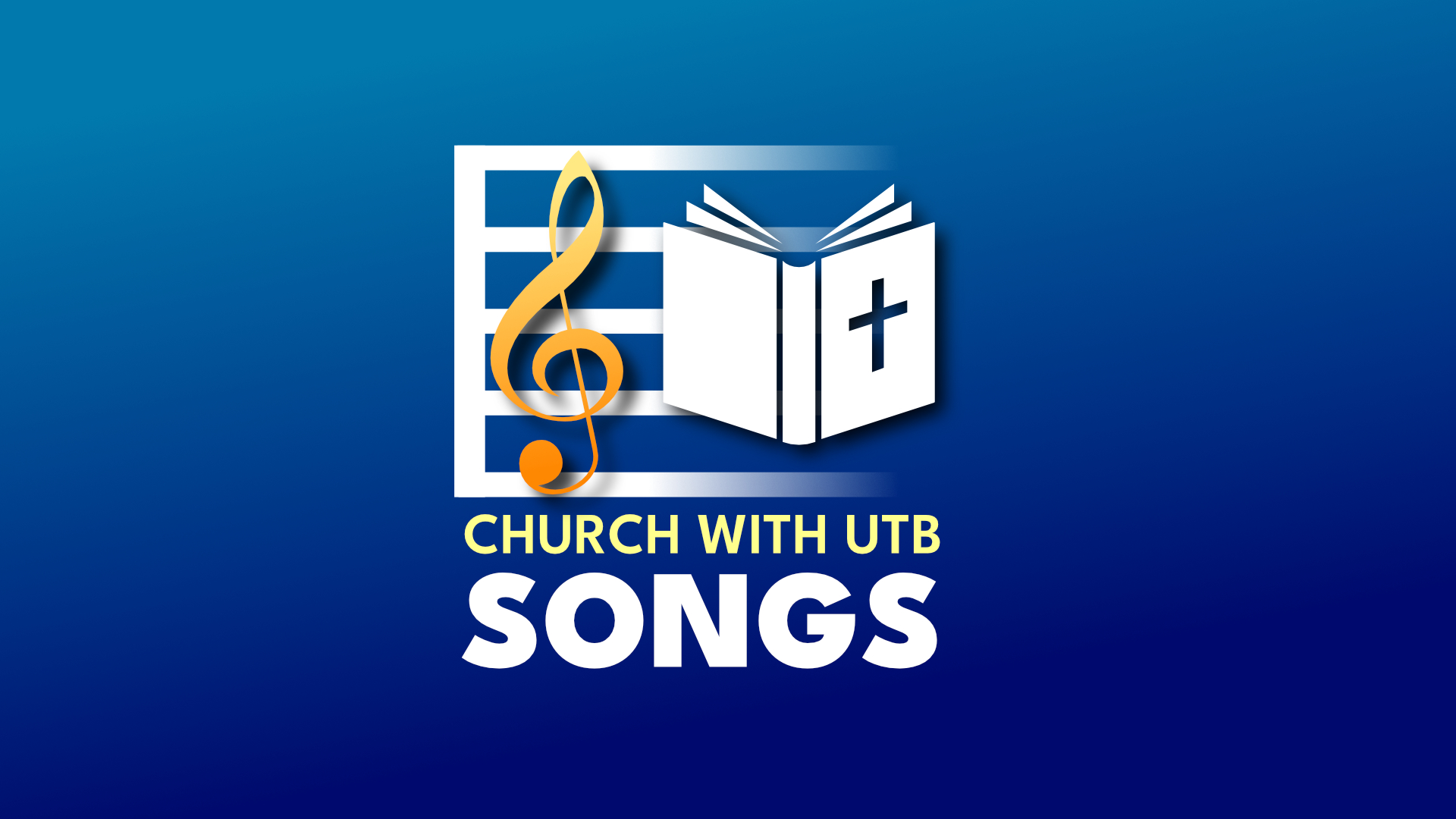Over the last 18 months I have been working on Church with UTB – basically a service delivered online which is designed to facilitate church in people’s own homes (and other places). One of the challenges I’ve found during that time is getting good-quality songs which are appropriate to sing as part of a worship service.
I had been searching YouTube for the songs I wanted, trying to find a decent lyric video. This has proved to have many challenges:
- Not every song is available to begin with. There are some hymns and songs which simply have no recordings available. Sometimes, even if there is a recording available, it’s totally unsuitable for congregational singing. There have been many times when I wanted to include a particular hymn or song, only to find that it didn’t have an appropriate recording.
- The number of videos with good lyrics is even smaller. Often the videos are not made with congregational singing in mind, so they will have ‘artistic’ lyrics which don’t quite come up at the right time, only display one line at a time – that sort of thing.
- Many of the songs are professional recordings, which are sometimes not ideal for congregational singing (e.g. they have long instrumental sections).
- The songs which have been recorded at conferences often have things like clapping at the end – which personally I find off-putting.
A few weeks ago I launched the UTB App, which does make it easier: I am no longer limited to lyric videos, I can pick any recording on YouTube – including YouTube music. The lyrics are displayed by the app. However, that doesn’t solve the other problems.
For a recording to be used in Church with UTB, it needs to be:
- Singable – in the normal vocal range of the average person;
- Reasonably paced – not too slow and not too fast (professional recordings are often slower than you would sing the songs in church);
- ‘Clean’ – that is, simple audio without any clapping or other distracting sounds, and not including anything else before or after the song;
- Well produced – i.e. not sound like it’s been recorded on a smartphone.
Consequently, I’ve decided to start Understand the Bible Songs. It’s a YouTube channel where I aim to upload songs with those criteria. The songs are designed to be used in Church with UTB, but could be used anywhere.
At the moment it’s me recording using my own equipment, but I am hoping to branch out and get more people involved. As you can hear, I am really not a singer – I am hoping to find some more vocalists soon!
My aim is, where time permits, to record one new song per week to use in Church with UTB, and eventually to build up a resource of songs that churches can use.
I does surprise me that more churches haven’t had the same idea – many of the recordings available on YouTube from churches are poor quality. It seems that, despite what happened during covid, churches are still not taking the internet seriously as a resource to be used.
Anyway, if you use Church with UTB you will be using UTB Songs, but if not I hope and pray that UTB songs might be a helpful resource for you.



